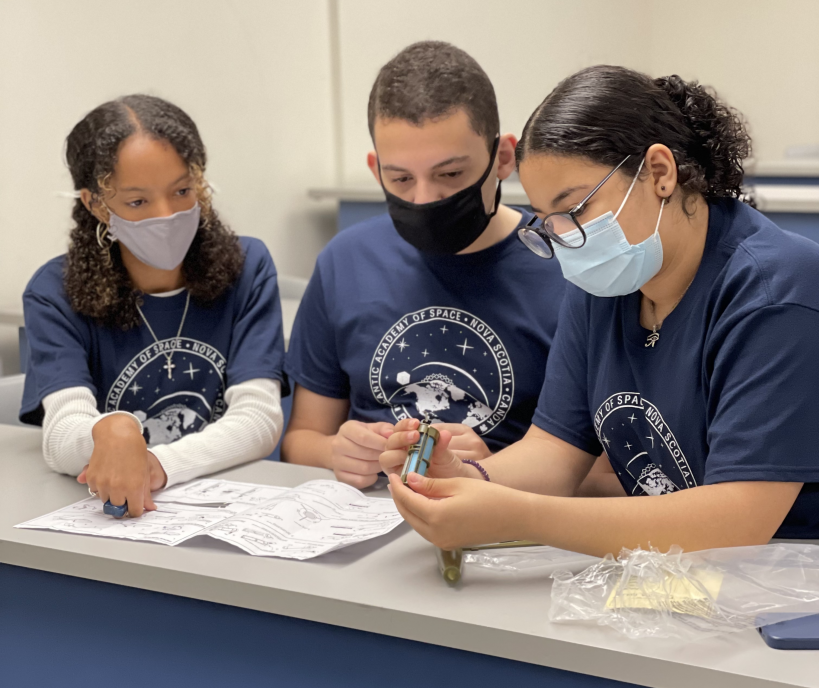Dalhousie University-based SuperNOVA, along with Acadia First Nation and Ulnooweg Education Centre have announced their first STEM (Science, Technology, Engineering and Math) program for Indigenous youth.
The August program will see 20 high schoolers from Acadia First Nation attend Melkiknuawti, a land-based education program that aligns STEM concepts with local Indigenous knowledge and culture.
For instance, the curriculum—which will be delivered at Windhorse, a 200-acre preserve of forest—will include learning about fish life cycles and constructing a sweat lodge to learn about engineering.
The program will use the principles of Etuaptmumk--Two-Eye Seeing, which blends Indigenous and Western thought.
“It has been a long-standing goal of SuperNOVA to establish STEM-focused land-based learning opportunities in Atlantic Canada,” said Executive Director of SuperNOVA Alexandra Fenton.
“Through reconnecting with the land, learning becomes a way of being, rather than just a way of knowing,” said Ulnooweg Chief Operating Officer Chris Googoo in a statement.
“Land-based learning programs allow all ages to experience their childhood innocence and wonder of the possible. We are honoured to provide this space to Elders and Indigenous Knowledge Keepers for the sharing of our ways of knowing to Indigenous and non-Indigenous youth for future generations to come.”
SuperNOVA, a multi-award-winning group founded at Dalhousie in 1996 and funded by CanCode grants, trains students to deliver free STEM outreach youth programs to communities across the region with a focus on rural and under-represented youth.
Also new this year is its space technology program, ATLAS, which introduces regional students to space exploration, technologies, and artificial intelligence through an intensive two-week summer academy at Dalhousie. Applications have technically closed, but students can still apply.
The students will design, build and program a real satellite (CubeSat), and learn about the career opportunities in the Atlantic Canadian space sector.
Like other programs, ATLAS is free to attend.
“All the students have to do is get out of bed and learn how to build a satellite,” Fenton said in an interview.
The program is for students entering Grades 10 to 12, and there is a focus on reaching youth typically underrepresented in STEM fields including young women and BIPOC students.
Funders include the Canadian Space Agency, ScaleAI, NSERC PromoScience, Stantec, and Pratt & Whitney,
Fenton said SuperNOVA is expanding its work. Two years ago, the group had just a few employees. It now has 15 and is still hiring. An oceans program is in the works.
Future plans for Melkiknuawti include expanding the number of communities that the program reaches, as well as working to accredit the program in regional high schools.










